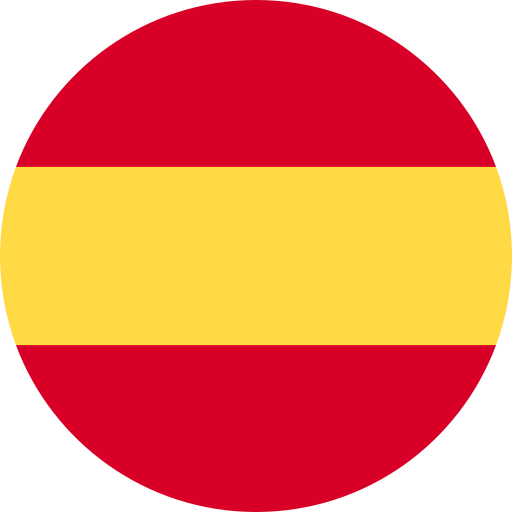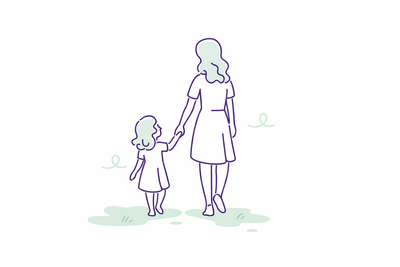Terrible twos
From 18 months to 3 years is a transitional phase and children at this age are highly misunderstood.

I reply every day to parents asking for "help" with their 2-year-old children and although I talk a lot about it in my online courses (only in Italian at the moment), I decided to write something here too, because I hope I can create more empathy and understanding towards these highly misunderstood little humans.
Two years is a very intense transitional age. Children are in the middle of the self-affirmation phase in which they are realising that they are people of their own, that they're separated from mom and dad, and they can make their own decisions: in fact, this phase usually begins when the child says the first NO and "ends" when they recognize themselves as individuals – they start talking about themselves as "I" or they recognize themselves in the mirror. To be more empathetic, I often like to imagine that a two-year-old's level of mental confusion is "similar" to that of a boy entering puberty, but with much less ability to rationalize and understand what is happening. It's an explosive mix.
It's not surprising that they're called terrible twos, because there's lots of crises and they're often unpredictable and inconsolable. We often call these crises "tantrums", but in reality screaming, crying and using hands are the only tools the child has to show what they feel.
How can we help them?
Here's some ideas:
- Understand and empathize them, even more than before.
- Don't lose it, your calm is their calm. It's hard, especially if you, like me, have little patience, but if I were able to change, so can you.
- Maintain physical and mental order. In this phase, children have a very strong sense of order (I'd go as far as to say order is the quintessence of their being) and they have a crisis when their order is altered, even if minimally (they expect pasta with cheese and it comes with tomato, dad puts their shoes on even though mom usually does it, one day you decided to put on pajamas before brushing teeth). This doesn't mean that now we should maintain a strict routine and never change anything in our days (I like flexible routines and getting out of our comfort zone), but simply be more attentive to what we change and more understanding when a change causes a crisis: for us it might be just a book on the wrong shelf, but for our children it is an inner hurricane.
- Offer even more understanding and empathy during changes: the arrival of a baby brother/sister, moving houses, the beginning of kindergarten, saying bye bye to diapers, change of season that keeps you home instead of going to the park, a virus that threatens the world. These are all important and sometimes painful changes, and they can be difficult for a young child to understand: we don't have to take the pain away, we should just be more present and offer more quality time.
- Take better care of ourselves: this age is extremely complicated and it is easy for us parents to feel frustrated, guilty, angry, overwhelmed, thus making the situation worse. It's normal. We must do everything we can to take care of ourselves (exercising, even a few minutes a day, always helps) and dedicating quality time to ourselves (even just one hour a week and/or 10-15 minutes a day).
This is a wonderful age, I think it's the most beautiful in the life of a young child. If we could understand our children and go beyond their crises (however frequent they are), we could truly experience also the magic of the "terrible" twos.
Ideas:
- Download the "7 minutes" app: 7 minutes of exercise a day is something that everyone, everyone, can do.
- 1 hour a week for a hobby. A book, a dance lesson, a bike ride, gym, embroidery, a dinner with friends… it's important that each parent finds a way to give this time to the other, without resentment and without guilt.
- 15 minutes a day: if you spend the afternoon at home with your children, when the other parent arrives, take 10-15 minutes for yourself. Parenting is made of two people and should be 50-50, but you only you parents can make the change.
































